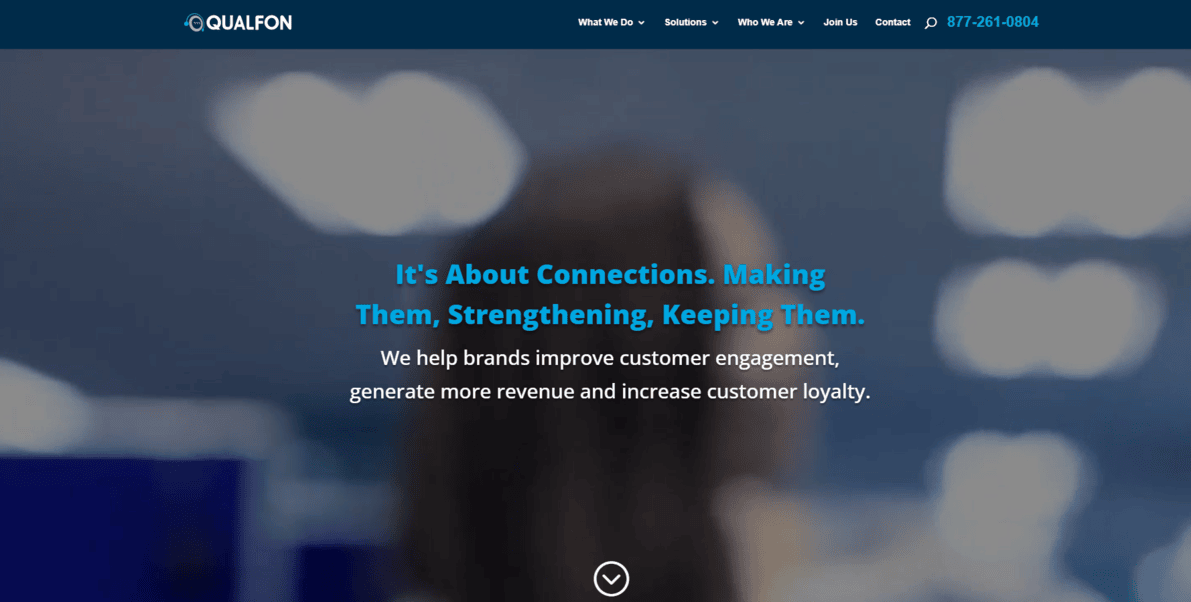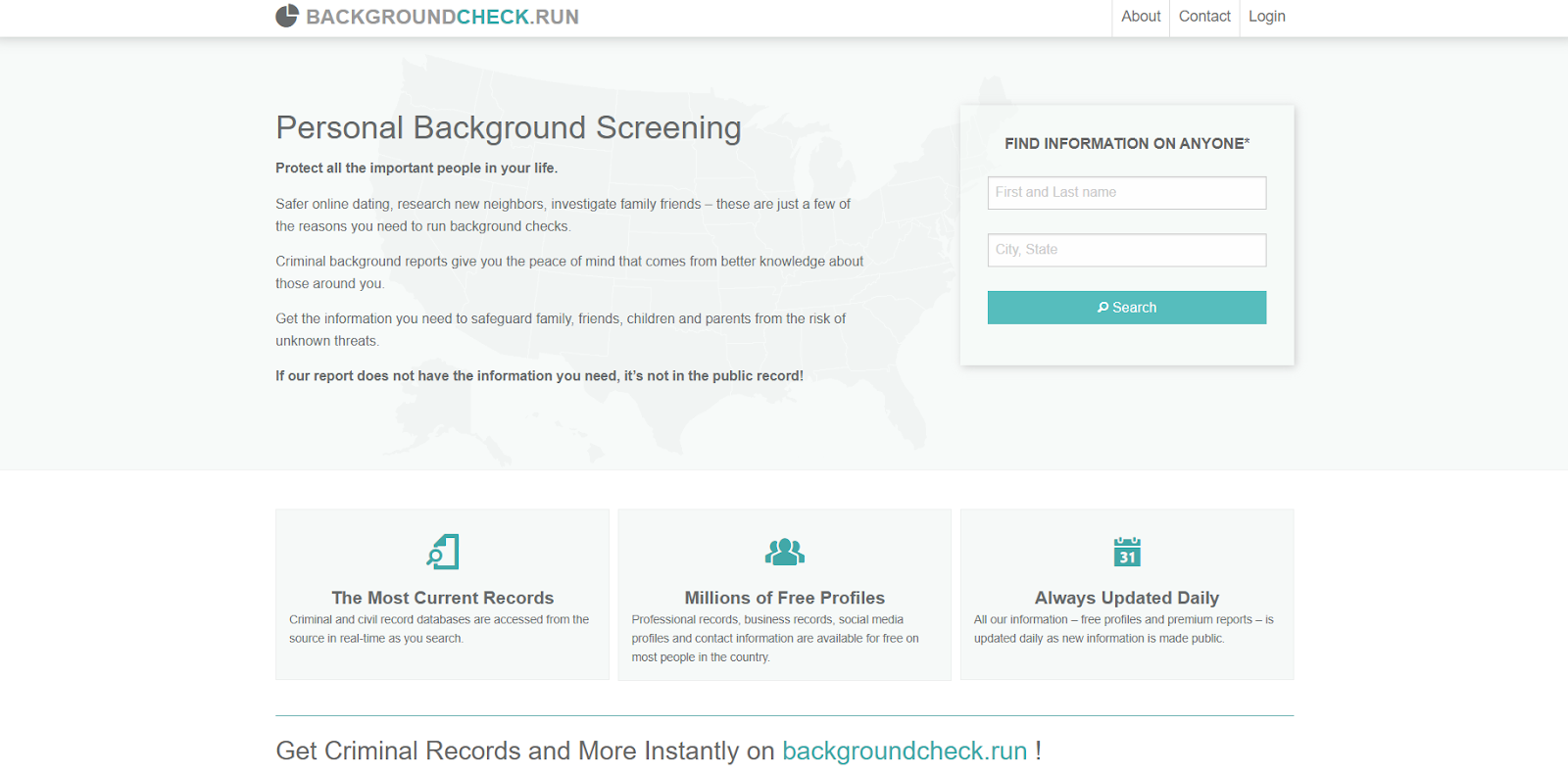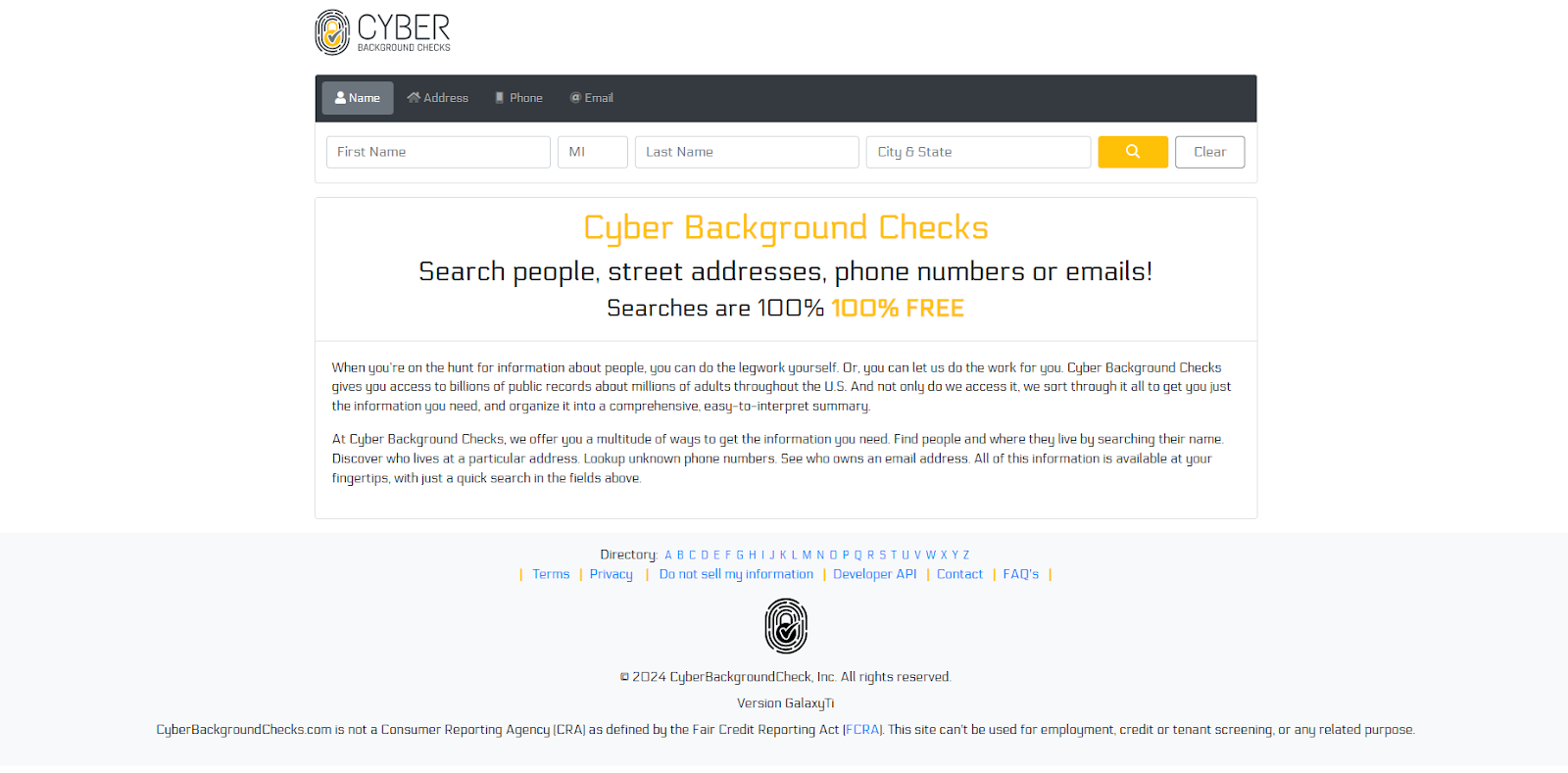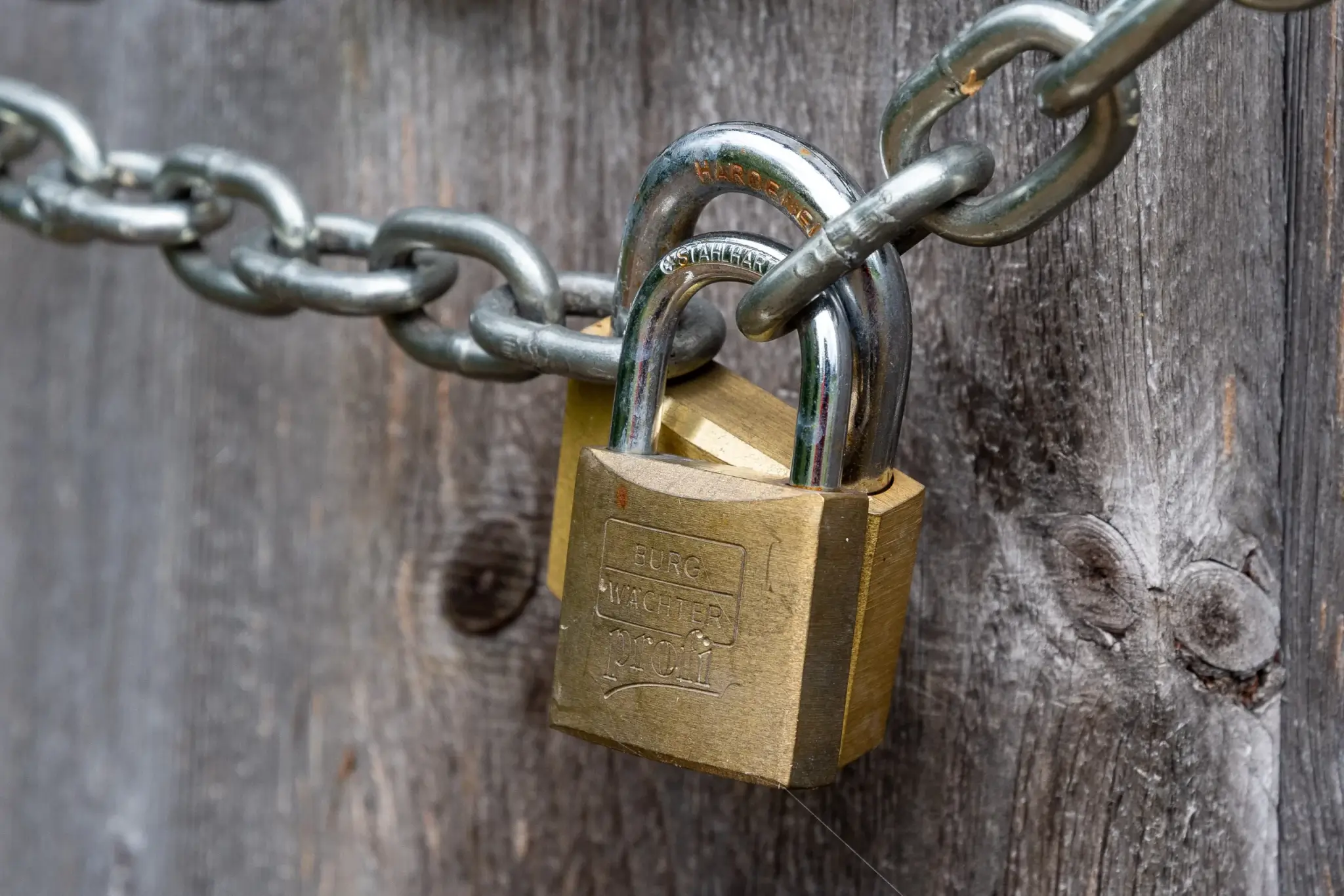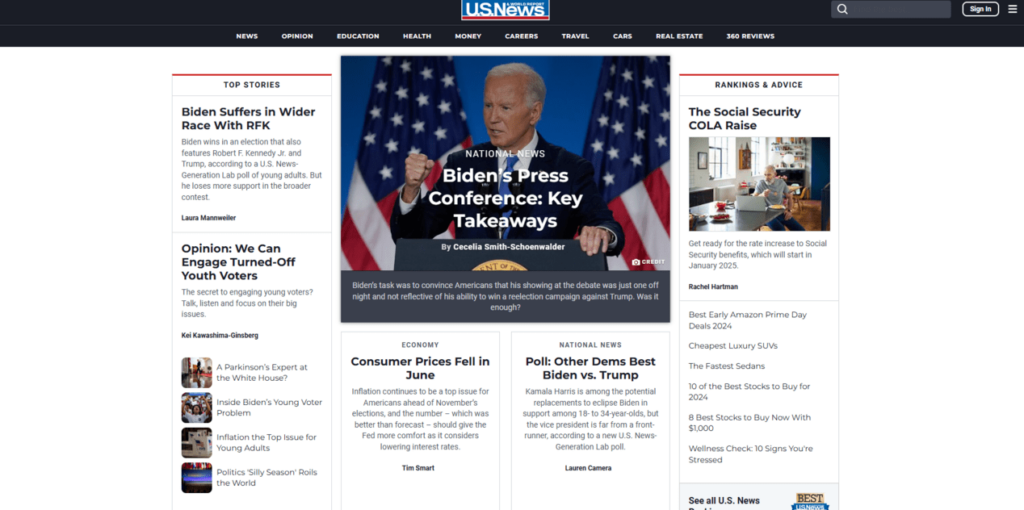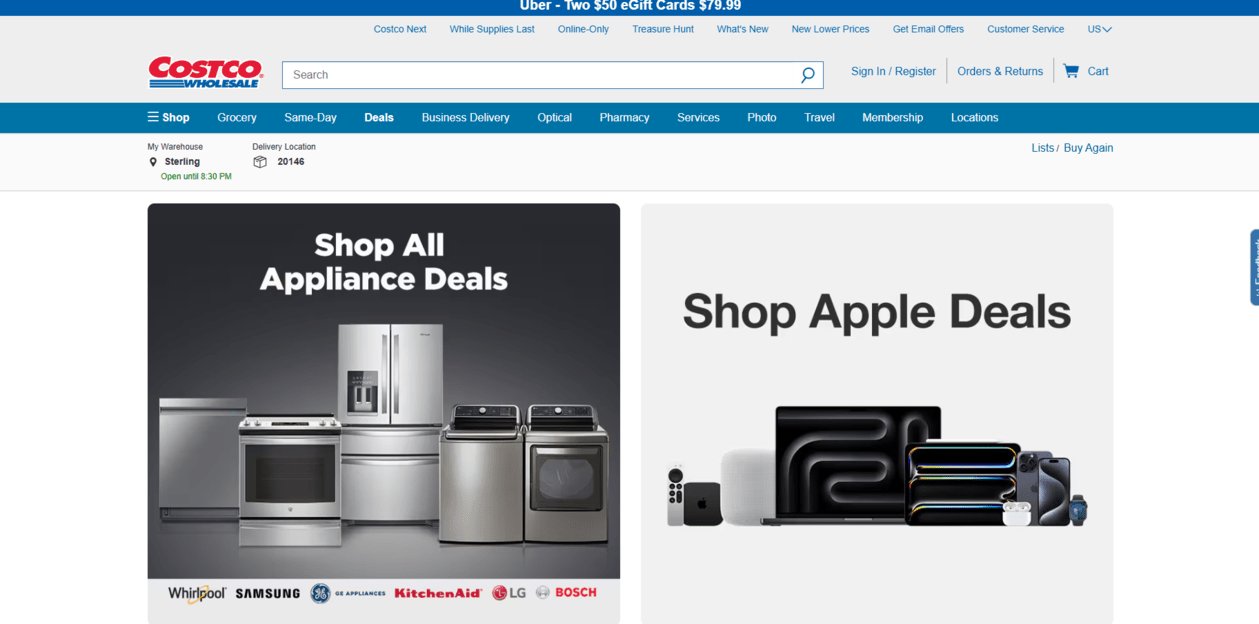Blog
Privacy Tips & News
Learn more about data privacy, data brokers, breaches, and more. Our blog (and monthly newsletter ‘Incognito’) cover best practices when it comes to keeping your information safe as well as staying informed about the latest trends when it comes to online privacy.
Learn more about data privacy, data brokers, breaches, and more. Our blog (and monthly newsletter ‘Incognito’) cover best practices when it comes to keeping your information safe as well as staying informed about the latest trends when it comes to online privacy.
5-Minute Privacy Tips to Reduce Your Digital Footprint
Why Digital Privacy Protection Matters for Public Figures
RichMediaLLC Opt Out Guide
5-Minute Privacy Tips to Reduce Your Digital Footprint
Qualfon Opt Out Guide
Why Digital Privacy Protection Matters for Public Figures
Qualfon Opt Out Guide
Why Digital Privacy Protection Matters for Public Figures

Don’t have the time?
DeleteMe is our premium privacy service that removes you from more than 750 data brokers like Whitepages, Spokeo, BeenVerified, plus many more.
Save 10% on DeleteMe when you use the code BLOG10.

Don’t have the time?
DeleteMe is our premium privacy service that removes you from more than 750 data brokers like Whitepages, Spokeo, BeenVerified, plus many more.
Save 10% on DeleteMe when you use the code BLOG10.
View Articles by Category
View Articles by Category
Data Privacy Articles
Understanding the Link Between Data Privacy and Physical Security
Data Privacy Week 2026: Why Employee Data Privacy = Cybersecurity
Secure by Design: Why You Shouldn’t Have to Be a Security Expert
Data Broker Advice Articles
5-Minute Privacy Tips to Reduce Your Digital Footprint
Why Digital Privacy Protection Matters for Public Figures
Hackers Don’t Want Your Password—They Want Your Everlasting Soul
Data Privacy Articles
How to Complete a BackgroundCheck.run Opt Out Guide [+ Examples]
How to Complete a CyberBackgroundChecks Removal Guide [+ Examples]
How to Remove Yourself from TruthFinder
Vericora Opt Out Guide
Data Broker Advice Articles
5-Minute Privacy Tips to Reduce Your Digital Footprint
Why Digital Privacy Protection Matters for Public Figures
Hackers Don’t Want Your Password—They Want Your Everlasting Soul

Is employee personal data creating risk for your business?
DeleteMe provides business solutions for the enterprise, public orgs and public interest groups.

Is employee personal data creating risk for your business?
DeleteMe provides business solutions for the enterprise, public orgs and public interest groups.




